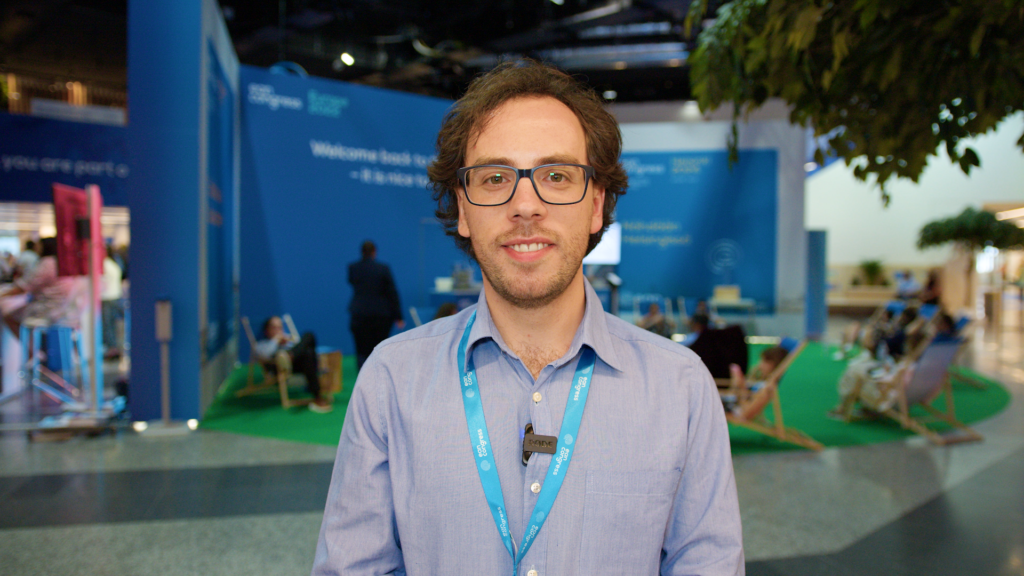We had the opportunity to meet with Andrew Feigin (Department of Neurology, NYU Grossman School of Medicine, New York City, NY, USA) to discuss the results from the phase 2 Huntington’s Disease trial of Anti-Semaphorin 4D Antibody Pepinemab (SIGNAL).
The abstract entitled ‘Results of Phase 2 Huntington’s Disease Trial of Anti-Semaphorin 4D Antibody Pepinemab (SIGNAL) will Guide Clinical Trial in Alzheimer’s Disease’ was presented at The 15th International Conference for Alzheimer’s & Parkinson’s Diseases (Virtual), March 8-14, 2021.
Questions:
- What is the rationale for blocking SEMA4D-induced inflammation in the treatment of Huntington’s Disease (HD) and Alzheimer’s Disease (AD)? (0:17)
- What did we learn from the SIGNAL trial of pepinemab in people with HD? (1:29)
- What will be the next steps in the clinical development of pepinemab in people with AD? (3:42)
Disclosures: Andrew Feigin has served as a consultant for NeuExcell, Prilenia, Stealth, and Voyager.
Support: Interview and filming supported by Touch Medical Media.
Filmed as a highlight of AD/PD Virtual 2021.









